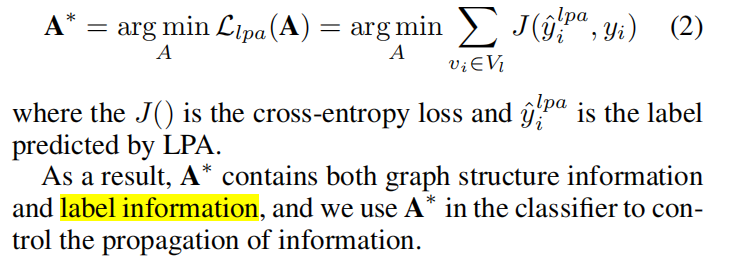Understanding the Pros and Cons of Variable vs Fixed Rate Loans: Which is Right for You?
Guide or Summary:Variable vs Fixed Rate LoansWhat are Variable Rate Loans?What are Fixed Rate Loans?Choosing Between Variable vs Fixed Rate LoansVariable vs……
Guide or Summary:
- Variable vs Fixed Rate Loans
- What are Variable Rate Loans?
- What are Fixed Rate Loans?
- Choosing Between Variable vs Fixed Rate Loans
Variable vs Fixed Rate Loans
When considering financing options for a home, car, or any other significant purchase, one of the most critical decisions borrowers face is choosing between variable vs fixed rate loans. Each type of loan has its distinct advantages and disadvantages, which can significantly impact your financial future. In this article, we will explore the differences between these two types of loans, helping you make an informed decision based on your financial situation and risk tolerance.
What are Variable Rate Loans?
A variable rate loan, also known as an adjustable-rate loan, has an interest rate that can change over time. This change is typically tied to a specific benchmark or index, such as the LIBOR (London Interbank Offered Rate) or the prime rate. When the benchmark rate changes, the interest rate on your loan may also increase or decrease, affecting your monthly payments.
One of the main advantages of variable rate loans is that they often start with lower initial interest rates compared to fixed-rate loans. This can lead to lower monthly payments in the early years of the loan, making it an attractive option for borrowers who plan to sell or refinance before the rates adjust significantly.
However, the downside of variable rate loans is the uncertainty they bring. If interest rates rise, your monthly payments can increase, potentially straining your budget. Borrowers who choose variable rate loans should be prepared for the possibility of fluctuating payments over the life of the loan.

What are Fixed Rate Loans?
In contrast, a fixed rate loan has an interest rate that remains the same throughout the life of the loan. This stability can be a significant advantage for borrowers, as it allows for predictable monthly payments. Fixed-rate loans are particularly appealing to those who prefer to budget their finances without worrying about potential interest rate increases.
Fixed rate loans typically come with higher initial interest rates than variable rate loans, which can result in higher monthly payments at the beginning. However, the peace of mind that comes from knowing your payment will not change can be worth the extra cost for many borrowers.
Fixed rate loans are an excellent choice for individuals who plan to stay in their homes for an extended period or for those who prioritize stability and predictability in their financial planning.
Choosing Between Variable vs Fixed Rate Loans
When deciding between variable vs fixed rate loans, several factors should be considered:

1. **Financial Situation**: Assess your current financial situation and future plans. If you anticipate significant changes in your income or expenses, a fixed-rate loan might provide the stability you need.
2. **Risk Tolerance**: Consider your comfort level with risk. If you are willing to take on potential fluctuations in your monthly payments for the chance of lower initial rates, a variable rate loan may be suitable.
3. **Loan Duration**: Think about how long you plan to hold the loan. If you expect to move or refinance within a few years, a variable rate loan could save you money in the short term. Conversely, if you plan to stay in your home for a long time, a fixed-rate loan might be more beneficial.
4. **Market Conditions**: Keep an eye on current interest rates and economic forecasts. If rates are low and expected to rise, locking in a fixed rate may be wise. However, if rates are high and expected to decrease, a variable rate loan could be advantageous.

In conclusion, both variable vs fixed rate loans have their unique benefits and drawbacks. By understanding these differences and considering your financial situation, you can make a more informed decision that aligns with your goals and risk tolerance. Whether you choose a variable or fixed rate loan, ensure that it fits your long-term financial strategy and provides the stability or flexibility you need.